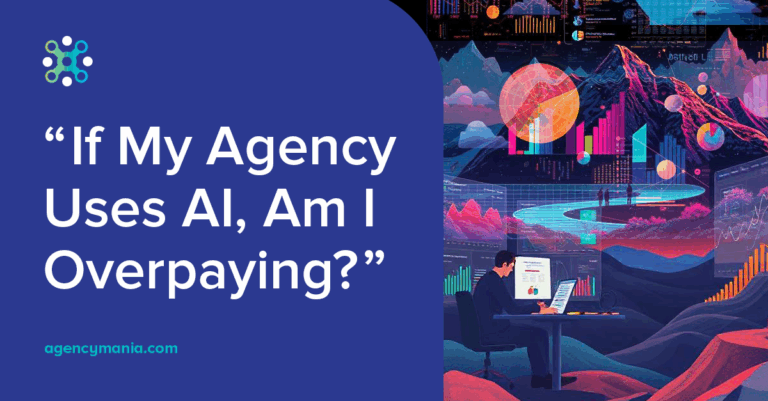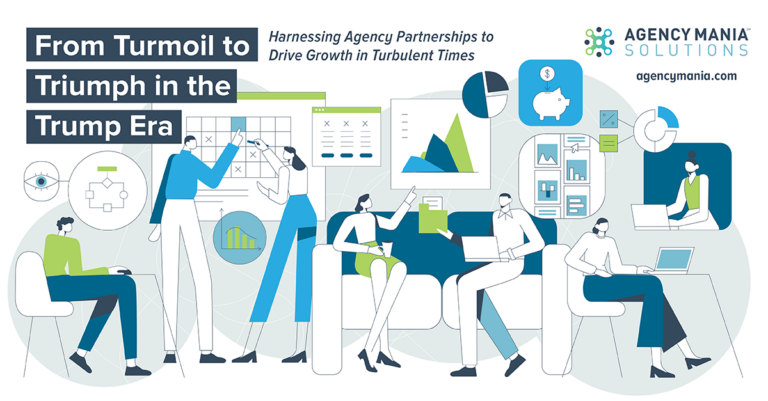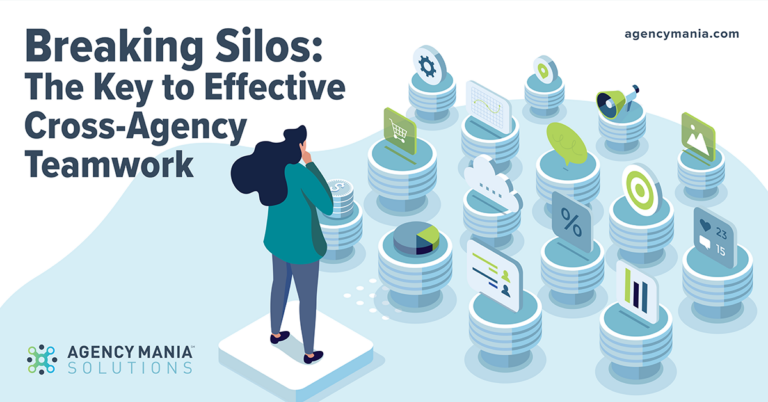Lessons Learned from the Samsung Debacle:
In the age of transparency and accountability, advertisers can learn from debacles like Samsung’s recent agency partnership audit.
The marketing industry is still in shock, following the announcement that Samsung Electronics Co.’s presumed audit of its agency practices and operations led to various layoffs and the departure of top US marketing executives, including its CMO, Marc Mathieu. The Wall Street Journal reported that the company conducted an internal investigation of the dealings between marketing staff and its agency partners. According to Ad Age, the South Korean consumer electronics and appliance marketer, which has worked with many agencies over the years, including Interpublic R/GA, Publicis’s Leo Burnett, independent Wieden+Kennedy, Edelman, and many others, took the top spot from packaged-goods powerhouse Procter & Gamble Co. as the world’s largest advertiser, investing a stunning $11.2 billion into advertising and sales promotion in 2017.
Audits of agencies and agency practices are not uncommon. To the contrary. Those have accelerated in recent years as transparency and trust have declined. A recent study by the Association of National Advertisers (ANA) called “Trust Report” clearly showed that trust between clients and agencies declined by 28% versus two to three years ago, leading to the formation of a “Trust Consortium” to address the raging issue.
Trust issues have skyrocketed in recent years, mostly due to non-transparent media-buying practices, agency kickbacks, and questionable compensation methods that have been the subject of many DOJ and FBI investigations. So even though the specifics of company violations are not yet fully known, is the Samsung debacle really a surprise? Well, when the world’s largest advertiser decides to make an example and hold its organization – even at the highest levels – accountable, everyone pauses and pays attention.
It’s not a new phenomenon. Madison Avenue has had its fair share of juicy scandals and malpractices. Some of us may recall that in 2006, retail giant Wal-Mart fired its top marketing executive, Julie Roehm, after the company accused her of violating the company’s strict ethics policy. Here we are, nearly 13 years later, still dealing with the issue of ethical practices in our industry.
Here are a few lessons we’ve learned that will hopefully prevent advertisers from making the same mistakes all over again:
Institutionalize an audit strategy that spans internal and external practices:
Even though the focus has been on auditing external agency partners in recent years, advertisers must be ready to take on any impromptu internal audits by keeping top notch records of their agency dealings, communications, and key decisions. It’s not only critical to successfully pass an audit, it’s also essential to avoid having these audits slow down the organization or get in the way of timely marketing activities. Be ready.
Maintain objectivity in the handling of agency activities such as compensation and performance reviews:
Advertisers must consider relying on independent consultants and objective third parties to assist with highly sensitive matters like agency compensation, contract negotiations, and agency performance evaluations, especially if those are tied to incentive and bonus payments. Be objective.
Reduce manual and labor-intensive agency operations activities:
New platforms and tools are known to improve internal productivity, improve decision making, and streamline various workflows between client teams and their agencies. Yet, relying on automated systems and processes has another important benefit: it ensures a more accurate tracking of these activities, with the right level of paper trail, often critical to improve auditreadiness. Be efficient. Improve access to training for marketing stakeholders (and their agencies): Most companies have well-defined operating principles and policies that marketing staff must adhere to. But knowing how to apply them to various daily activities can be confusing at times. Providing regular training on being compliant while understanding how to be a good partner requires brand advertisers to create playbooks and other resources – which are helpful to agencies as well – that provide them with the knowledge required to be compliant and agency- or client-ready. Be accountable.
In the age of trust, the Samsung Electronics Co. is a sound reminder of the importance of adopting transparent agency activities, both internally and with external partners. The only effective form of leadership is leading by example, no matter how difficult it can be. The industry must hold itself accountable – not only the agency world – but clients as well. When they do, we must applaud the bold moves that are intended to keep the bar high. This is a wake-up call for many advertisers that have not yet implemented sound and accountable agency operations and practices. Here is the good news: It’s never too late.
By: Bruno Gralpois, Co-Founder & Principal, ANA Faculty
Download a print-friendly version here
Published on: April 10, 2019
Also Seen on Adforum







